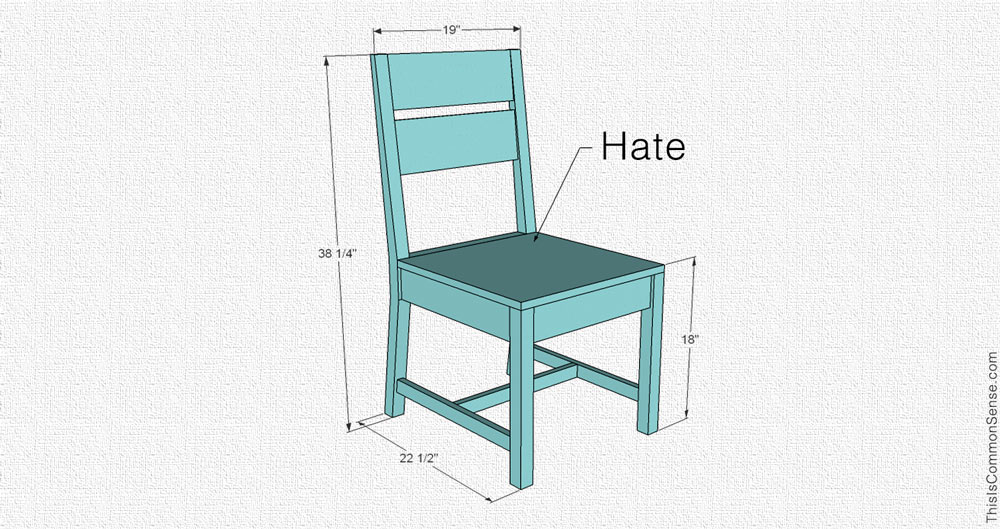“Microaggression” is the alleged sin of committing a verbal slip that the alleged victim, eager to be offended, aggressively interprets in the most invidious possible way. It’s one of many faddish notions used to rationalize the squelching of speech and to abrogate basic rights.
In October 2018, Kieran Bhattacharya, a medical student at the University of Virginia, attended a discussion on “microaggression.” He asked questions like: “Is it a requirement, to be a victim of microaggression, that you are a member of a marginalized group?”
Beverly Adams, an assistant dean, told him no, it isn’t, and the two argued about it for a bit.
Afterward, an organizer of the event, Nora Kern, filed a complaint against Bhattacharya that led to demands that he get counseling, and, ultimately, to his suspension. His protest was taken as proof that the complaint and demands made against him were justified.
Bhattacharya has sued the school for retaliating against him. His crime, so to speak, was nothing more than asking the wrong questions — or asking them wrongly.
Even if he had asked them heatedly (which he denies), so what?
A district court says Bhattacharya has a point and is allowing his lawsuit to proceed: “Bhattacharya sufficiently alleges that Defendants retaliated against him. Indeed, they . . . suspended him from UVA Medical School, required him to undergo counseling and obtain ‘medical clearance’ as a prerequisite for remaining enrolled, and prevented him from appealing his suspension.”
Some kind of aggression is happening here, and it’s pretty macro.
This is Common Sense. I’m Paul Jacob.
See all recent commentary
(simplified and organized)
See recent popular posts


